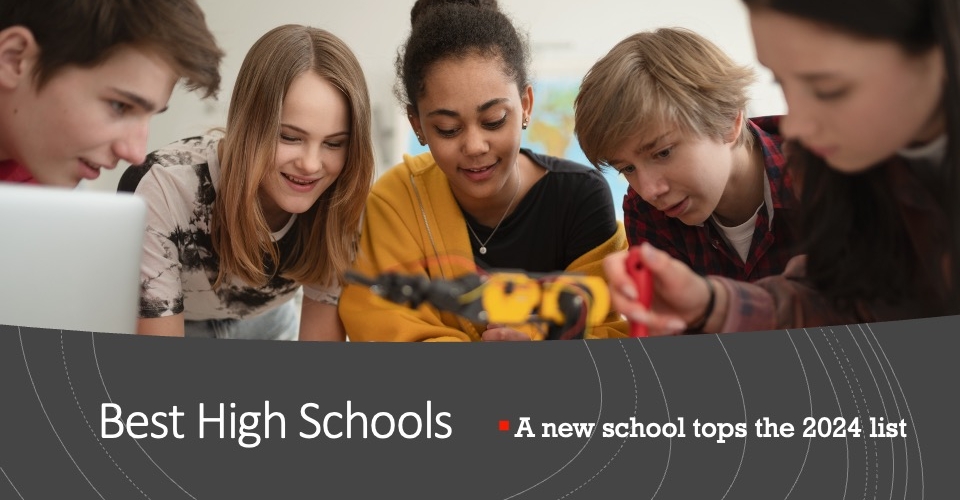Karma is the sum of how today’s actions rearrange the future. If you don’t like the results of your beginning-of-the-year choices, then you can always choose again.
In every situation, there are alternatives to our original choice-making. Here are two simple mental models that can help shape our midyear reset and improve our end-of-year outcomes:
Why ROI and LOI are critical
Return on investment is a profitability ratio that compares net outcomes to the original cost of an investment. A lot of people reference ROI in public education, but can they articulate the true net return of investments concerning student outcomes? This is key as you enter the budgeting season and negotiate fiscal pathways.
Similarly, learning on investment, or LOI, compares net student achievement outcomes to the original cost of an investment or intervention. Prioritize student learning and related instructional and leadership practices to reset on what’s most important for success and the strategic goals of the organization (City, Elmore, Fiarman & Teitel, 2009).
Simply, divide the number of students by the total cost of the investment. How does the unit cost compare to other learning investments? Are you seeing the gains the team is anticipating? If not, what adjustments can be made? Are there additional hidden costs? How can this inform implementation?
Keep the answers to these questions handy for an end-of-year assessment. Use these answers now to inform budgetary decisions that are right around the corner.
A good example is out-of-school time programming. High-quality OST is explicitly connected to learning (Wallace Foundation, 2019). In Providence Rhode Island, the Providence After School Alliance works in partnership with the school district to understand LOI. Originally chaired by the mayor’s office, the partnership focused on academic reinforcement coupled with an enriching activities model.
While costs continue to be shared across the partnership model, the school district prioritized the use of community-based facilities to reduce costly sustainability issues. The result is a deeply integrated academic support focus that goes beyond mere tutoring.
Learn-act-do
To riff on plan-do-study-act as you’re resetting, be clear on what you are learning so far, what you want to act upon and what you will do. This helps teams focus on the fewest number of high-leverage, easy-to-understand actions (Fullan, 2010).
Read more from DA: 5 ways to give teachers better support in the science of reading
Reset with the most precise answers to the most important goals for each member of your team. Ask your cabinet these questions:
- What are you learning about student and school achievement this year?
- How is that informing your reset, or course correction as midyear?
- What will you do over the next 90 days to hit the targets you planned?
Here’s the key: This question protocol is as good as its frequency. In other words, make sure your check-in cadence is frequent and dedicated. This will signal your reset goals to carry the team through to the end of the year.
Things to watch for
1. Mind the gap. There is always an academic gap in time when summer learning takes place. This issue may not be on the top of the priority checklist right now, but each school system should consider the value of the American Rescue Plan summer academic enrichment requirements and whether or not to sustain these efforts.
2. Tap into aspirations. Instructional staff respond well to vision and altruism. More than 90% of teachers report staying with a school system where they are able to “do good” in communities (Lawrence, 2017). Get ahead of retention by inspiring and connecting “public displays of effectiveness” back to the classroom.
3. Durable tech. School systems invested heavily in education technology over the last three years. The calendar may be flagging a looming refresh cycle, but a system-wide cycle isn’t always necessary. IT teams will be challenged with staging and prioritizing. Encourage them to ensure that under-resourced schools are prioritized in underserved communities.
Actions you take now will increase the likelihood of achieving your targets by summer. Today is about choice-making. Your midyear decisions will highly influence your teams and your future results. Your leadership impact for the next few years will be dictated by your actions today.
Be bold and invest in high-impact, targeted investments that will yield outstanding results for children.









